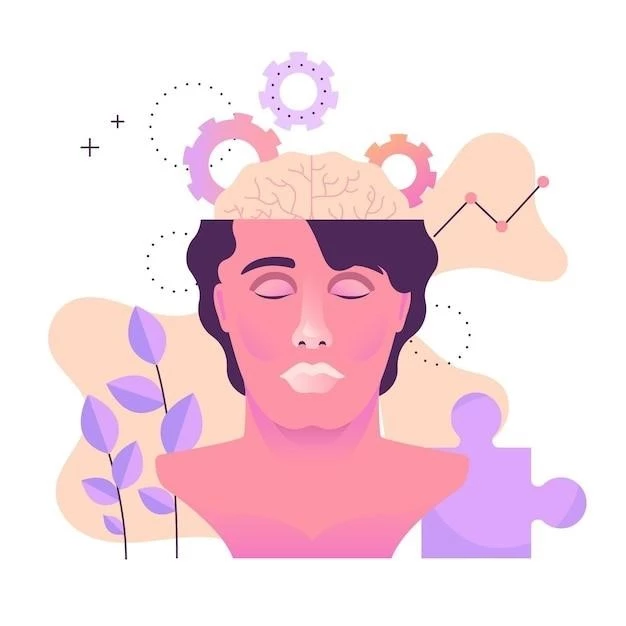Understanding Retrograde Amnesia
Causes of Retrograde Amnesia⁚ Understanding the root of retrograde amnesia is crucial. It could be a result of head trauma, brain surgery, or psychological factors.
Symptoms of Amnesia⁚ Recognizing memory loss, confusion, and disorientation as common symptoms is essential for early identification.
Treatment Options for Retrograde Amnesia⁚ Exploring therapies like cognitive rehabilitation and psychotherapy can aid in recovery.
Causes of Retrograde Amnesia
Understanding the causes behind retrograde amnesia is crucial for proper treatment. Traumatic brain injuries, such as concussions or severe head trauma, can lead to this condition. Additionally, conditions like strokes, brain tumors, or infections affecting the brain can trigger retrograde amnesia. Psychological factors such as intense stress, anxiety, or emotional trauma are also known contributors. Substance abuse, including alcohol or drug-related incidents, may further exacerbate memory issues. Identifying and addressing the underlying cause is key to effectively managing retrograde amnesia.
Symptoms of Amnesia
Recognizing the symptoms of amnesia is crucial for timely intervention. Common signs include memory loss, especially pertaining to recent events, confusion about one’s surroundings, difficulty remembering new information, repetitive questioning, disorientation, and struggles to recall familiar faces or places. Individuals may also experience mood swings, frustration, and anxiety due to memory lapses. Seeking medical attention promptly upon noticing these symptoms can help in accurately diagnosing and managing amnesia.
Treatment Options for Retrograde Amnesia
Exploring treatment avenues for retrograde amnesia is essential for recovery. Cognitive rehabilitation focusing on memory exercises and mental stimulation can help in gradually restoring lost memories. Psychotherapy sessions, particularly cognitive-behavioral therapy, can aid in coping with emotional distress and memory challenges. Medications to address underlying conditions contributing to amnesia may be prescribed. It’s crucial to work closely with healthcare professionals to determine the most effective treatment plan tailored to individual needs.
Difference between Retrograde and Anterograde Amnesia
Understanding the distinction between retrograde and anterograde amnesia is crucial. While retrograde amnesia affects past memories, anterograde amnesia impairs the formation of new memories after an event. Individuals with retrograde amnesia may have difficulties recalling events leading up to the amnesia onset, whereas those with anterograde amnesia face challenges in creating new memories. Recognizing these differences is essential for accurate diagnosis and tailored treatment approaches.
Famous Cases of Retrograde Amnesia

Exploring renowned cases of retrograde amnesia can provide insights into the condition. Notable instances include that of Clive Wearing, a musician unable to form new memories due to a brain infection, and Christine J., whose memory loss stemmed from a car accident. These cases highlight the impact of retrograde amnesia on individuals’ lives and the challenges they face in coping with memory deficits.
How to Cope with Retrograde Amnesia
Coping with retrograde amnesia can be challenging, but strategies can help manage the condition. Keeping detailed journals, setting reminders, and creating routines can aid in memory recall. Utilizing memory aids like calendars and notes can assist in daily tasks. Seeking support from loved ones and joining support groups can provide emotional encouragement. Developing resilience and practicing mindfulness techniques can also enhance overall wellbeing while navigating memory challenges.
Neurological Basis of Retrograde Amnesia
Understanding the neurological basis of retrograde amnesia sheds light on memory processes. The condition often involves damage to the hippocampus and surrounding brain regions responsible for memory consolidation and retrieval. Disruption in neural pathways impairs the ability to recall past events, leading to memory gaps. Neuroimaging studies can provide insights into the specific brain areas affected, guiding treatment strategies tailored to address the underlying neurological dysfunctions contributing to retrograde amnesia.
Impact of Retrograde Amnesia on Memory Retrieval
Understanding how retrograde amnesia affects memory retrieval is crucial for individuals and their loved ones. Memory gaps can lead to confusion about past experiences and relationships, impacting one’s sense of identity and emotional well-being. Difficulty in recalling significant life events may cause distress and frustration. Learning coping mechanisms, seeking professional support, and engaging in memory exercises can assist in managing memory retrieval challenges. Embracing a patient approach and practicing self-compassion are vital during the recovery process.
